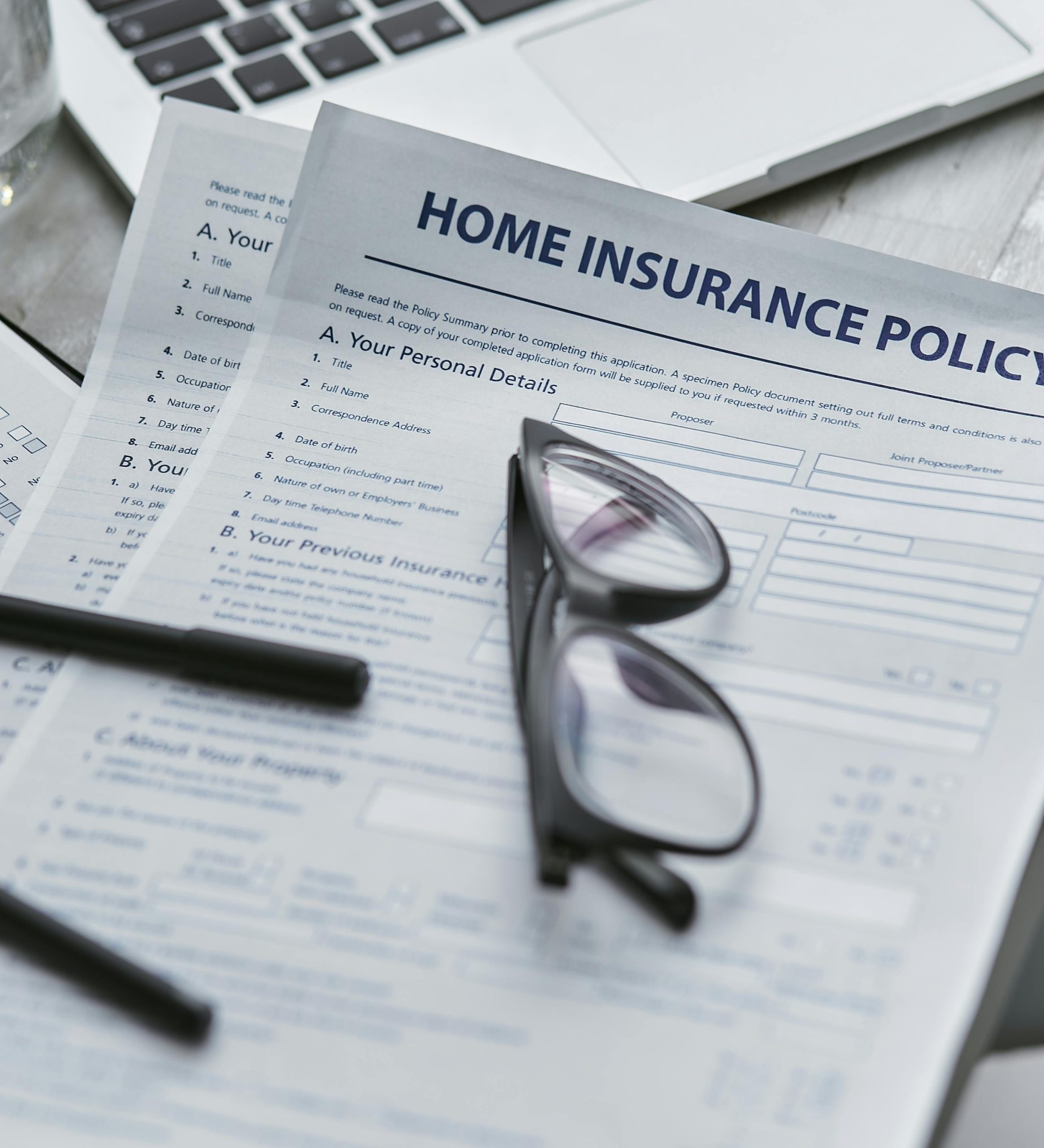Resolving Disputes in Auto Accident Liability: A Personal Experience
Navigating the aftermath of a minor car accident can be challenging, especially when insurance companies assign differing levels of fault. I recently faced such a situation that highlights the importance of thoroughly understanding your insurance coverage and the nuances of accident liability.
The Incident:
While driving through a gas station parking lot at a slow pace—approximately five miles per hour—another vehicle reversed out of a parking space and collided with the passenger side of my car. Fortunately, I was able to obtain surveillance footage from the gas station, clearly showing that I was not at fault in the mishap.
Insurance Response:
Despite the clear evidence, my insurance provider, State Farm, has attributed 35% responsibility to me, leaving me with a claim that I am 65% liable. I have reached out to a supervisor within the company to dispute this assessment, but so far, my efforts have been unsuccessful.
What Can Be Done?
In situations like this, it’s crucial to:
– Review all available evidence, including video footage and witness statements
– Understand your coverage, especially if you have full coverage and collision insurance
– File an official dispute with your insurance company, providing clear evidence supporting your case
– Consider consulting with a legal professional or an independent claims adjuster if necessary
– Engage with your insurance company consistently and document all communications
Additional Context:
It’s worth noting that I carry comprehensive and collision coverage, which should provide a greater degree of protection in such incidents. Meanwhile, the other driver’s insurance is through State Farm, which complicates the liability determination process.
Moving Forward:
In complex liability disputes with insurance providers, persistence and well-documented evidence are key. If you find yourself in a similar situation, explore all your options and consider seeking professional advice to ensure your rights are protected.
Disclaimer: This post is for informational purposes and does not constitute legal advice. For personal legal assistance, consult a qualified attorney.



